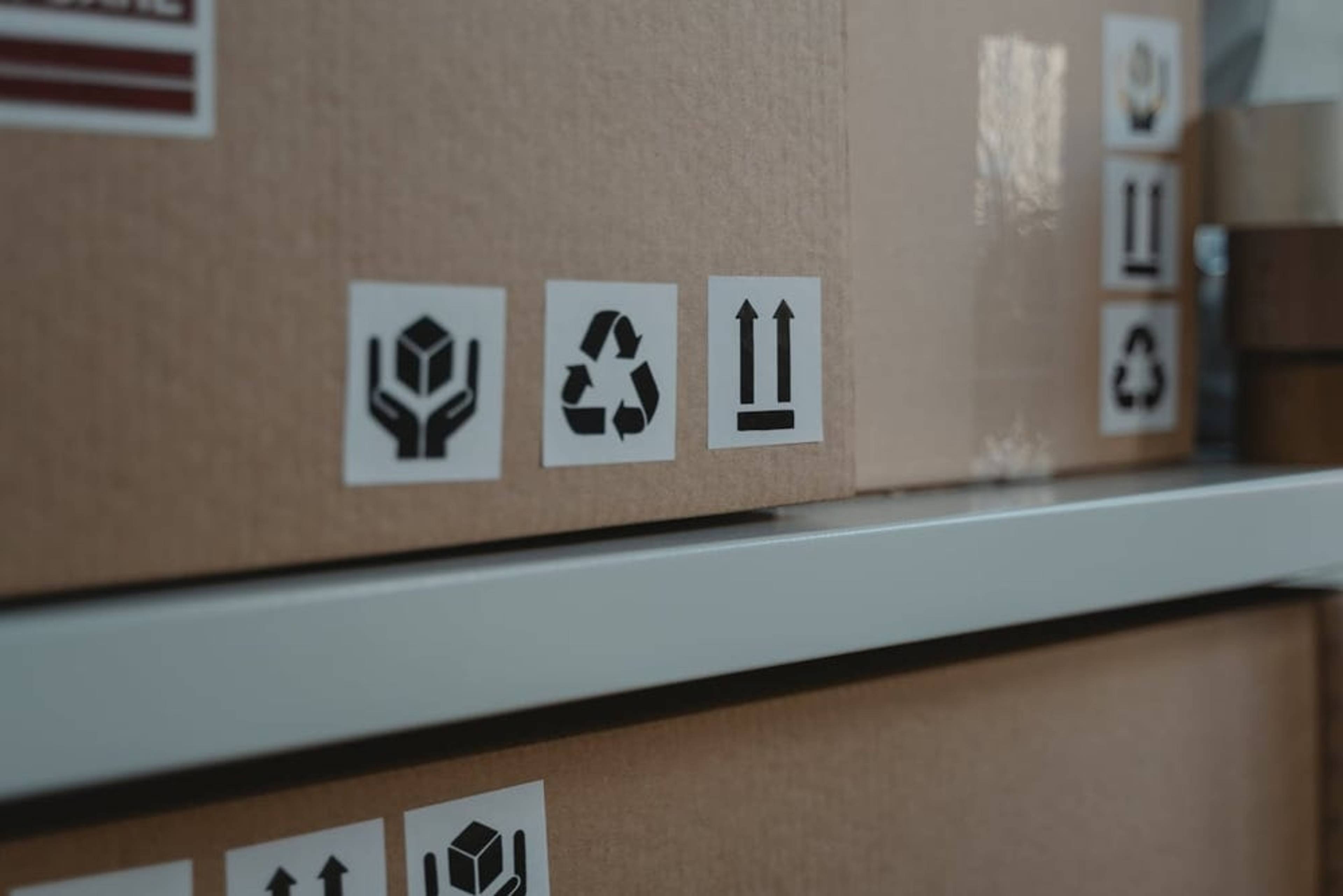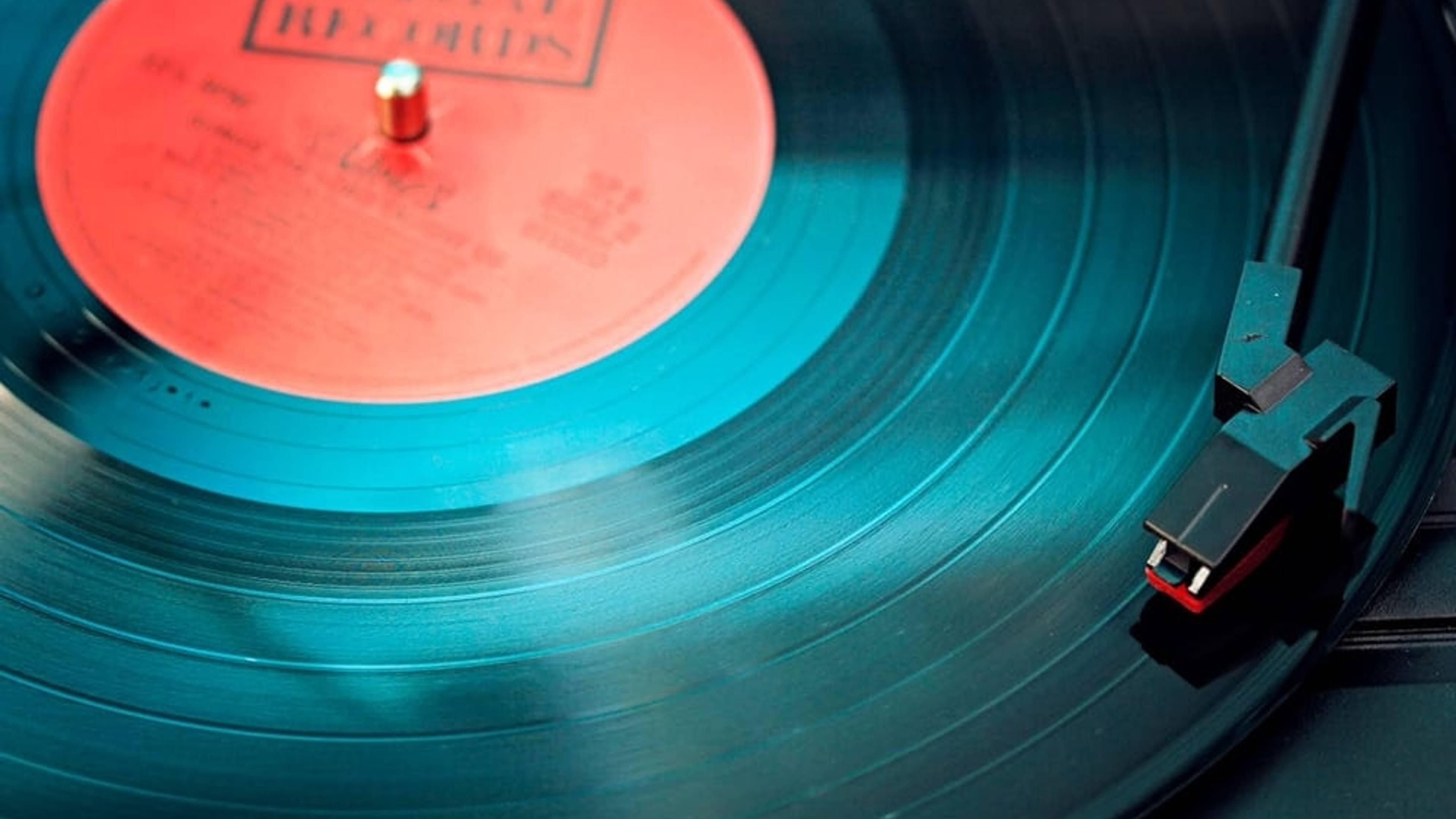If you want to store vinyl records, it requires careful planning and the right environment. Records are delicate and can be easily damaged by improper storage conditions, such as extreme temperatures, moisture, or even dust. This is especially true for vinyl records, where the natural oils and grooves can be affected, leading to a loss of sound quality.
Storing vinyl records correctly is not just about keeping them out of the way—it's about preserving the quality of the music.
In this guide, we’ll explore the best practices to store your vinyl records. We'll cover how to prepare them for storage, the best ways to store them, and things that could affect their quality. This guide will keep your vinyl records pristine for years to come.
1. Prepare your records for storage
Clean and organise
No one likes a dusty collection! Before storing your records, give them a good clean. You should organise them while you're at it if they aren't already. For vinyl records, you'll want a specific record-cleaning solution for records, and a microfiber cloth to remove any dirt or dust.
Keep your records organised however you want. This won't help with storage, but it'll help you find them again when looking in your self-storage unit. Vinyl records can be sorted by genre, band name, date, or whatever makes sense to you. When storing vinyl records, label your boxes to make them easier to find later.
2. Choose the right storage containers

- Materials and types
Any vinyl collector knows that vinyl records should never be stored loose. Keep them in the casing that they came with, but you could also invest in plastic sleeves for each record. Inner sleeves will stop dust and moisture from collecting on the record, which leads to damage. Outer sleeves can be the cardboard they came in, but make sure they are kept in a good environment as cardboard sleeves risk getting damp and warping. Plastic sleeves can keep your vinyls safe from most damage.
- Sealing
An airtight container is what you need to store your vinyl records. This can prevent warping over time as it doesn't expose them to moisture and dust. If it's long-term storage, they must have an airtight container. Avoid a cardboard box and go for plastic for better protection.
3. Environmental considerations
- Climate control
Extreme cold and heat, as well as rapidly fluctuating temperatures, have one of the worst effects on delicate things like vinyl. Store vinyl records in a climate-controlled environment where you can control the temperature and humidity. Extreme heat and cold can warp vinyl records.
A climate-controlled unit keeps the temperature and humidity at optimal levels. Generally, a temperature of around 18-20°C with humidity levels between 35-50% is ideal for both vinyl and paper records. If they are going to be in self-storage for the long term, then a temperature of around 7-10°C is better.
Be careful, extreme heat can lead to warping, and extreme cold can make vinyl brittle, making it break.
- Positioning within the unit
Keep containers off the floor to prevent exposure to dampness. Use shelving to organise your boxes and avoid stacking them. Place containers away from walls, as these can become cold or damp, especially in uninsulated storage units.
4. Proper arrangement in the unit

- Storing vinyl records
Always store them upright (So the vinyls aren't stacked on top of each other) Make sure the boxes have plenty of space too. Avoid stacking boxes on top of each other, as the weight and pressure can damage them.
5. Regular maintenance and checks
- Routine inspections
As an extra step, after you've stored your records, you should check on them regularly. Regular checks can maintain the quality of your vinyl. Having these checks also helps you find problems early and deal with them before they get too bad. Moisture build-up, pest infestations, or damage to a vinyl record caused by temperature fluctuations are all common problems to look out for.
During these checks, ensure that your containers are still sealed properly and that your records are in good condition.
Conclusion
Storing vinyl records requires careful planning and attention to detail. Even the wrong kind of air can damage these delicate records. They need to be kept clean from dirt and dust, stored properly in protective sleeves, and placed in a controlled environment.
By following the steps outlined in this guide, you can ensure that your records remain in pristine condition, ready to be enjoyed whenever you need them.
HOLD self-storage has the perfect units for your vinyl records

Looking for the perfect self-storage for your vinyls? We’ve got you covered! At our North London facility, we offer 24/7 access, climate-secure units perfect for storing your records. Your prized vinyl collection will be kept safe with our advanced security and top-notch customer service.
Contact us today for a free quote or to learn more about our storage solutions.
Frequently asked questions
What is the best way to store books in a storage unit?
Books, vinyls, CDs, and other albums or documents should be in a climate-controlled storage unit. Warm temperatures can lead to warping. When packing books, make sure they are clean of dirt and dust. You should also pack them into an airtight container.
How should we keep records in the storage area?
Store them upright, preferably on a pallet to allow air to flow beneath them.
If you're packing more than just your vinyls, make sure they are at the top of the pile, they don't want anything else stored on top of them. This will protect them from being crushed and warped.
Is it safe to store records in a storage unit?
A climate-controlled unit should be able to keep your records perfectly safe, as long as you've taken the necessary precautions.
How does storage work at HOLD?
Self-storage works by renting a storage unit or space for a specified period. You can store your belongings in the unit and access them whenever you need to. It's like having your own personal storage space away from home.
What is the minimum storage term?
The minimum storage term is 1 month.


